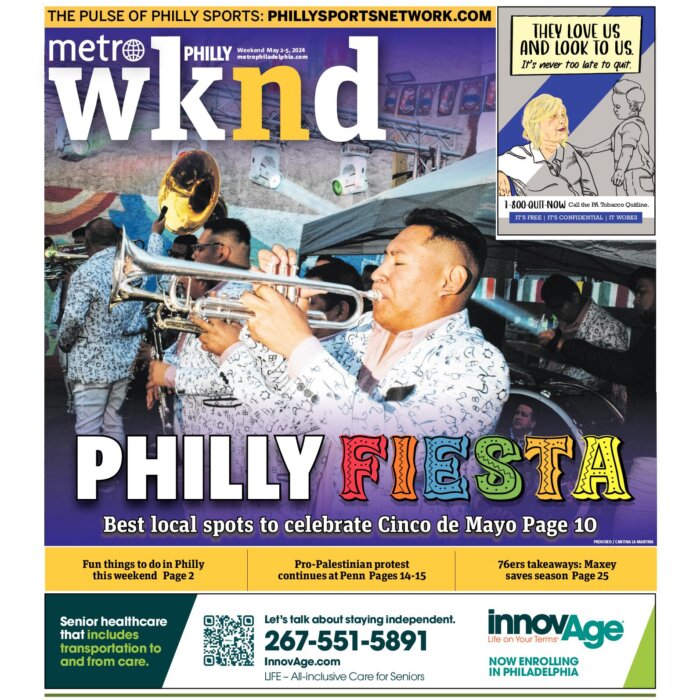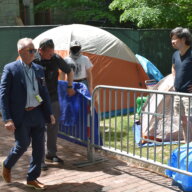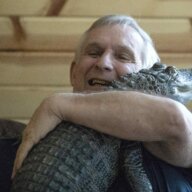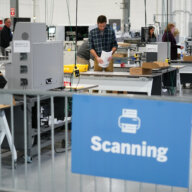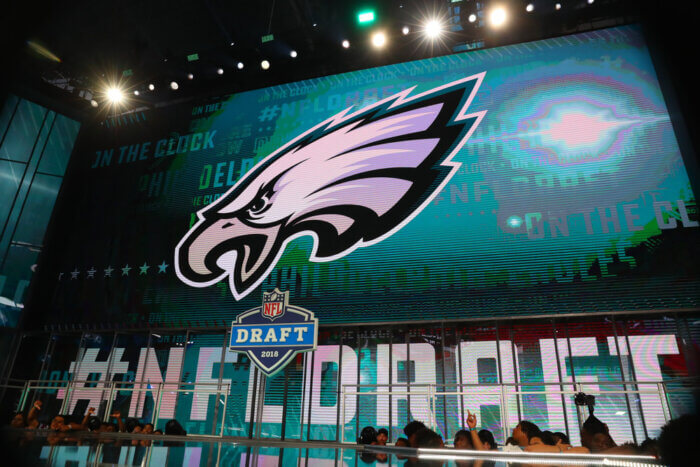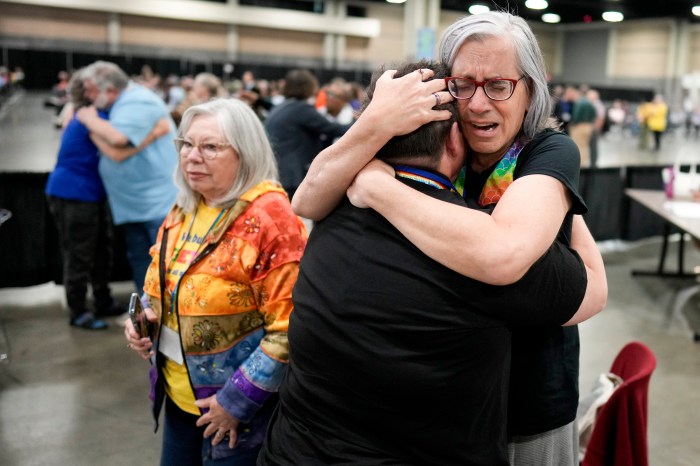The internet is forever—but only with a lot of maintenance.
Temple University Libraries has received a grant to research on how to better protect important data that is posted on the web. They want to simplify the process on permanently hosting data on online information hubs, such as Open Data Philly.When information becomes a part of the data portal, it can be lost because the owners might change a URL, update a site or delete it entirely. “Open Data Philly doesn’t keep a copy of the data if the URL changes or if the data merges with another set,” Senior Digital Library Applications Developer Chad Nelson said. “It brought me to a broader problem that while Open Data Philly is great focal point, there isn’t really a preservation aspect.” “They are putting it out there, but there isn’t a long term commitment to the durability of that information,” Dean of Temple Libraries Joe Lucia said.
Lucia, Nelson and the rest of their team plan to conduct the research and report back to other libraries and institutions that may go through similar processes.
“Data says a lot about the history of a place,” Knight Foundation Director of Media Innovation Program Chris Barr said. “There’s transparency and accountability, and how we understand the past as we make decisions for the future.” Open Data Philly, a nonprofit, was created in 2011 to gather all the available data about the city in one online place. The City of Philadelphia established an open data policy in 2012. Control over the portal has changed a few times in the last few years between the city of Philadelphia and its original creator, software development firm Azavea. Azavea currently updates and maintains the portal where the civic data can be accessed. “Government is most effective when citizens are engaged,” Azavea CEO Robert Cheetham said. “By opening data or giving people the ability to interact with or even improve that data, we get better government.” The Knight Foundation has contributed funds to maintaining Open Data Philly in the past. The Knight News Challenge on Libraries awarded to the grant to Temple earlier this summer.
Nelson and his team at Temple will use the grant money to figure out an exact process of future-proofing civic data. But he needs to figure out a few details and processes before he can really start this research. “Moving forward, there’s a legitimate need to have archival versions of this data available—so how does one address this kind of concern?” Cheetham said. “It may seem like a policy question, but it’s a technology question.” “With any kind of archiving there’s questions around intellectual property and rights,”Nelson said. “Even if we can get a copy of [some information], can we make it publicly available? We’re going to do a lot of research on what we can back up and preserve.” Because of the massive amount of information available and how it needs to be dealt with, some of the research will involve narrowing down the information that is a priority for preservation.
“No collector collects everything—you have to select,” Lucia said.
Preserving Philly’s data

iStock
